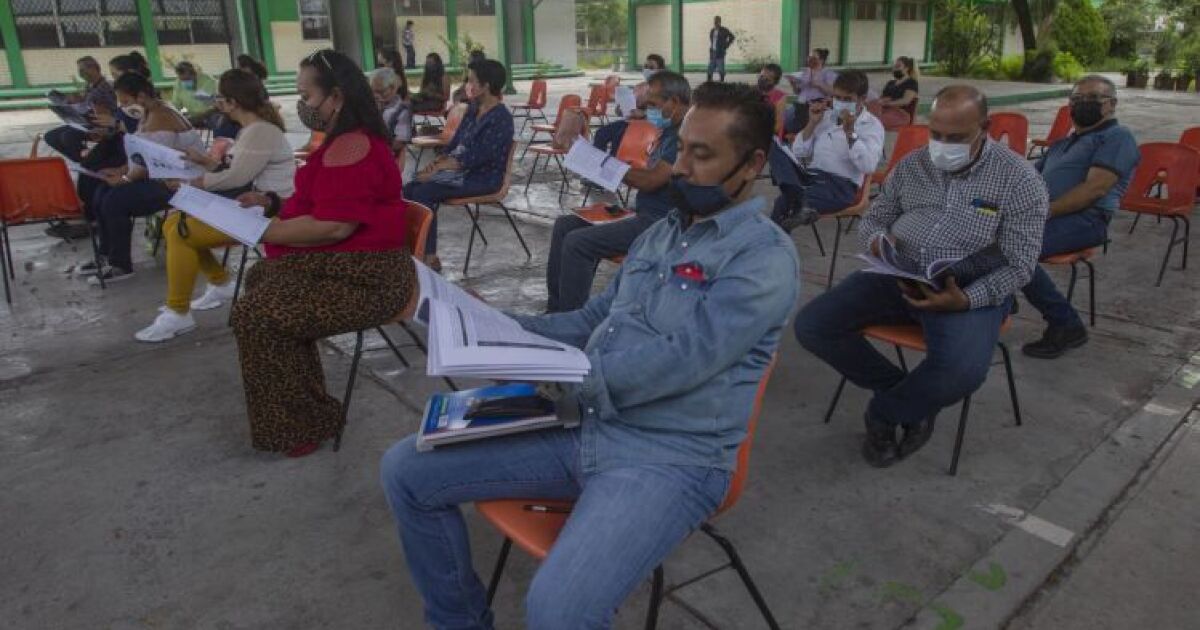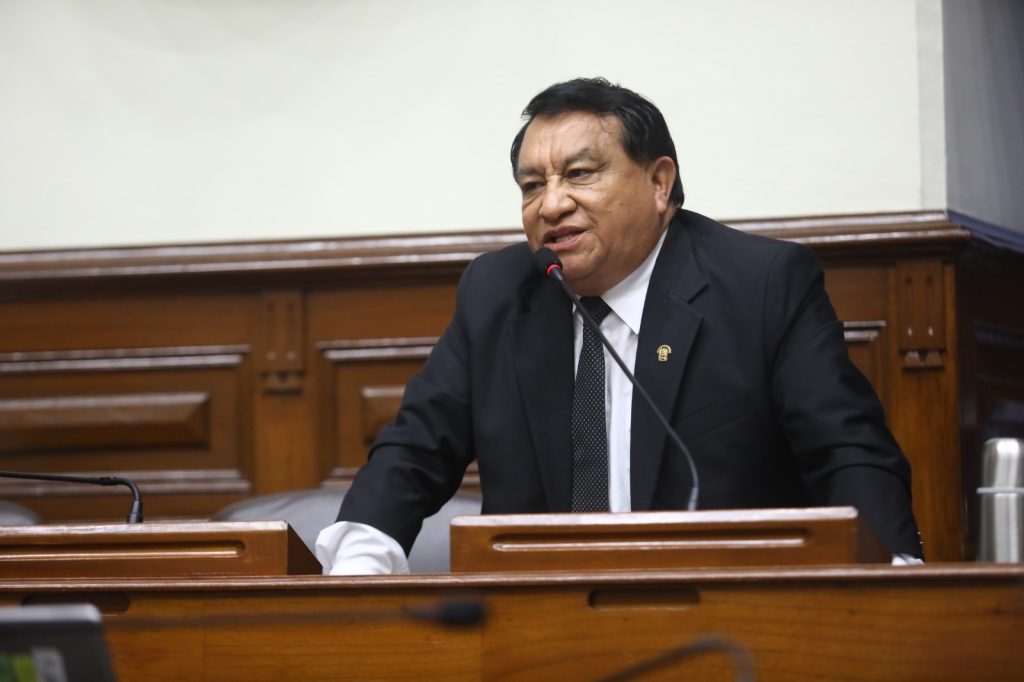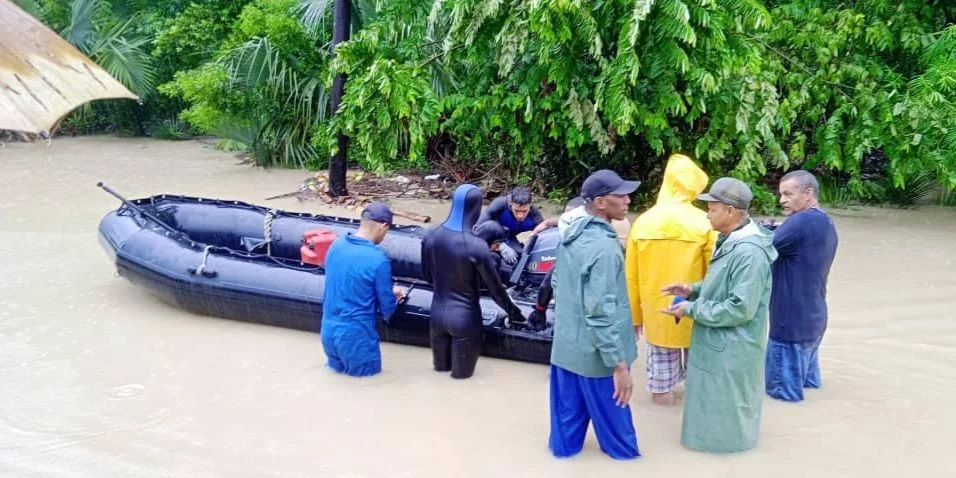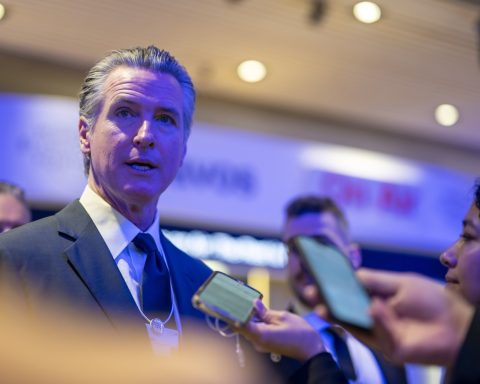The failures of the Usicamm
The System Unit for the Career of Teachers is a deconcentrated body of the SEP that is responsible for the hiring and promotion of basic and upper secondary education teachers.
It was born in 2019, after the entry into force of the General Law of the System for the Career of Teachers, which establishes the criteria for hiring teachers.
However, it has been accused by teachers of operating with irregularities. Alfonso Cepeda Salas, leader of the National Union of Education Workers (SNTE), has declared that Usicamm has operated with violations of labor and salary rights, which is why he considers a new law to regulate the allocation of places necessary.
Last August, it organized a consultation among union members to build a legislative proposal. During a meeting of the union sections, the leader explained that different teachers have pointed out the opacity with which Usicamm operates.
“They hide positions and vacancies for job center changes; At their discretion they decide who has the right and who does not have the right to participate in the processes,” he stated.
The National Coordinator of Education Workers (CNTE) maintains a similar position by ensuring that it has not fulfilled the educational improvement or the revaluation of the teaching profession.
For this reason, this dissident union has demanded to end this Unit and implement a national plan for the delivery of positions that considers the seniority of teachers.
The Usicamm has seriously lacerated the stability of the teaching profession,”
CNT
The Usicamm has also been pointed out for not protecting the process of assigning places, because the answers to the exams it applies have been sold on social networks.
Even the Superior Audit of the Federation (ASF) documented various irregularities in the operation of Usicamm. It detected that in 2019 it paid 18.9 million pesos to volunteers who participated in the teacher evaluation process.
However, these profiles did not meet the “criteria of efficiency, effectiveness, economy, rationality, austerity, transparency, control and accountability that govern public spending.”
Furthermore, the payments were regulated by means of instructions, which were neither approved nor contained the elements for selecting volunteers, for whom there is no evidence of the activities they carried out.

















